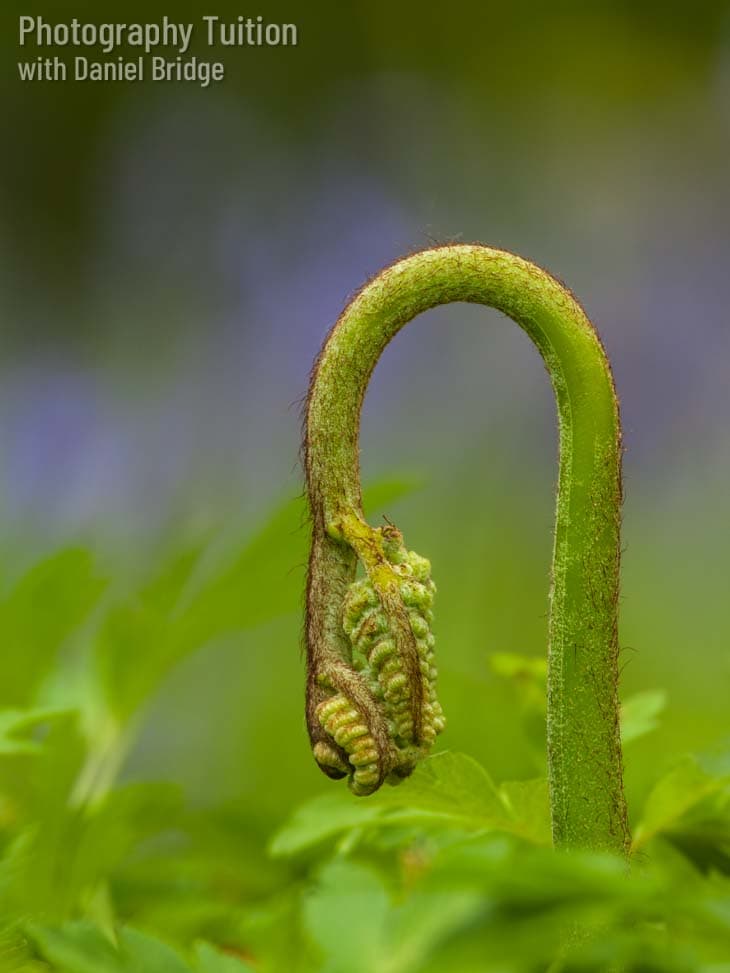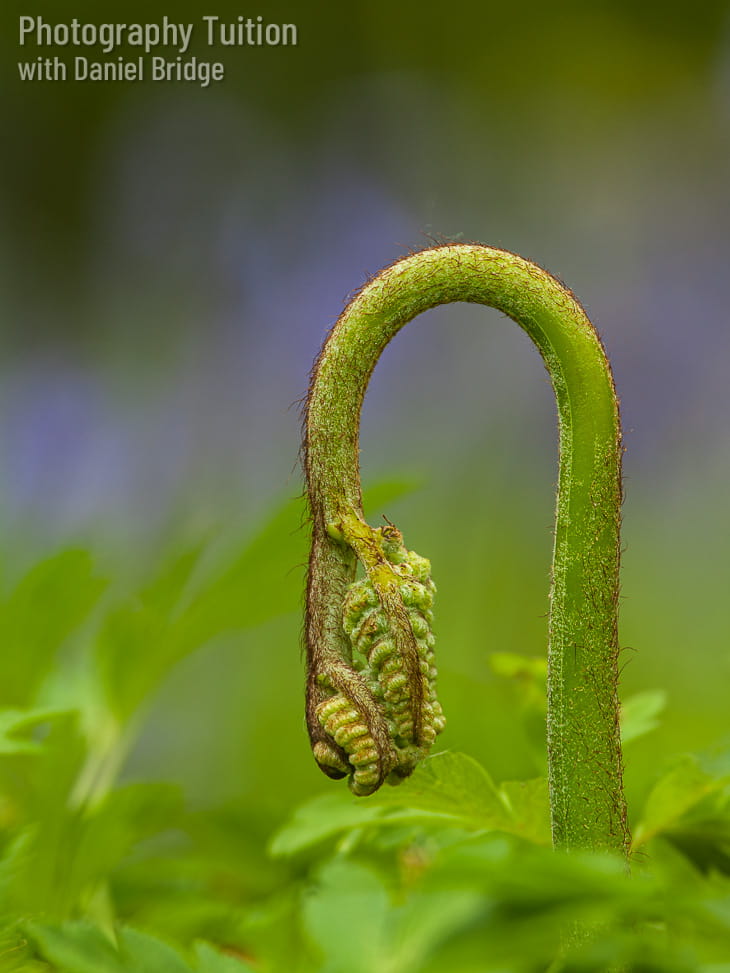Advice: Sharpness
A long time ago, on a photography forum far, far away, I was asked "How do you do it?" The enquiry arose after I posted a particular photo, and was later clarified as "I've got the same equipment as you, but things never come out as sharp as yours", or words to that effect. This raises a couple of issues, and steers me away from the obvious answer of 'it' being all credited to my amazing artistic ability...
Sharpness in digital images is, as far as I'm concerned, down to three things:
Equipment
Unless you've got a camera and lens capable of producing a sharp image, you're going to struggle to produce sharp shots of any decent size. But the key phrase there is 'decent size'. A soft or blurred photo can appear sharp when reproduced at a low resolution, either as a small print or on the web.

The photo above is blurred through camera shake (shutter speed was 2/3 second), yet at this size it looks sharp. I would be very reluctant to print it at anything larger than 6" x 4".
Technique
As long as you hold your camera steady enough, and ensure your shutter speed is fast enough to freeze any subject movement, and you focus correctly with sufficient depth of field, then you'll get as sharp a shot as your equipment is capable of.
If your shots aren't sharp, take a moment to first assess whether something about your technique is lacking, before you blame the lens or camera. Blurred image? What sort of blur? If everything has a smeary look to it, then it's probably camera shake. Put your camera on a tripod, or increase your shutter speed. If the smeary blurring only affects your subject, then the shutter speed was too slow to stop motion blur caused by the subject moving, even though the camera was steady. Is something in focus, but the subject not? Then the focus is wrong. Is too little of the subject in focus? Increase your depth of field by increasing your aperture value (change from f/4 to f/11 for instance).
By knowing how different sorts of failing in technique show themselves, you have a chance to correct them.
Processing
The way that a digital photo is processed for showing on the web or as a print can have a massive effect on its apparent sharpness. Consider the following two images, and ask yourself "which photo is sharpest?"
Well, that was a bit of a trick question, as they're the same photo, just processed differently. Therefore the actual photo is obviously as sharp as it is, but the images presented here are quite clearly 'softer' and 'sharper'. Both were processed in Lightroom from a RAW file, but the first had no sharpening applied at any stage, and was resized and saved as a JPG with a low/medium compression setting (40%). The second was given a 'capture sharpen', which all digital images really need because of the way they're created (if you're shooting JPGs in-camera, the camera's already doing this for you), and I used the Sharpening Amount of 60, and Masking of 80, in the Detail tab of Lightroom (the Radius and Detail sliders are left on their defaults), then when Exporting as a JPG a higher quality setting of 80% was used, with Output Sharpening for 'Screen', Standard strength. Different cameras, and different tastes, will require different settings. What these two images show us above anything, is that you can't compare your photos to anything you see on the web, without first knowing how that image was processed in order to get it there. I know my bracken shot is sharp, but if the only representation of it that anyone ever saw was that first one above, I'd be the only one thinking that. So there are many elements to 'sharpness', and all will need to be addressed at some point to get your images looking as sharp as you might like them to be. Thankfully any camera you can buy these days will be able to give you acceptably sharp photos, but your definition of 'acceptable' may differ from someone else's, and there's still plenty of scope with any camera to get something that's not sharp. Being critical is the key, and understanding what's wrong, and how to put it right, can not only make all the difference to your photos, but also your enjoyment of photography.

Do you have a question? Please ask!
Send us your questions and we'll get back to you as soon as possible.
Testimonials
©Copyright Daniel Bridge Photography Tuition 2003-2026
Please read the privacy policy carefully as it details our practices regarding collection, use, disclosure, retention, and protection of your personal information.
Lost? Here's a Sitemap






